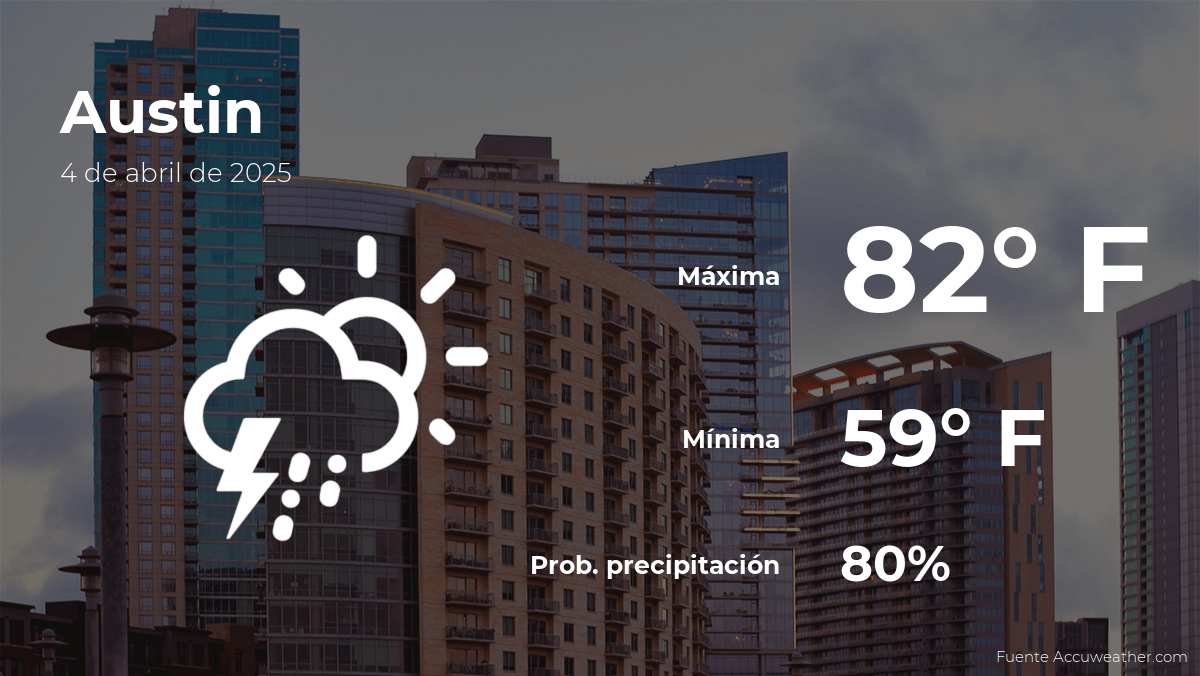Introduction
In a significant advancement for meteorology, Google DeepMind has unveiled GenCast, an artificial intelligence (AI) model that enhances the accuracy and efficiency of 15-day weather forecasts. This development holds promise for improved preparedness against weather-related events, especially as climate change intensifies the frequency and severity of such occurrences.
GenCast: A Leap in Weather Forecasting
Traditional weather forecasting relies on numerical weather prediction (NWP) models, which use complex physics-based equations to simulate atmospheric conditions. These models, while accurate, demand substantial computational resources and time. GenCast, however, leverages machine learning to analyze extensive historical weather data, identifying intricate patterns that enable rapid and precise forecasts.
Trained on four decades of data from the European Centre for Medium-Range Weather Forecasts (ECMWF), GenCast has demonstrated superior performance, surpassing ECMWF’s 15-day forecasts in over 97% of evaluated variables, including temperature, wind speed, and humidity. Notably, GenCast excels in predicting extreme weather events, such as heatwaves and tropical cyclones, providing earlier and more accurate warnings.
Efficiency and Accessibility
One of GenCast’s remarkable features is its efficiency. It can generate a 15-day forecast in just eight minutes using a single Google Cloud TPU v5, a significant improvement over traditional models that require hours on powerful supercomputers. This efficiency reduces computational costs and makes high-quality weather forecasting more accessible to a broader range of users and organizations.
Implications for Climate Change and Disaster Preparedness
As climate change leads to more frequent and severe weather events, accurate forecasting becomes increasingly vital. GenCast’s ability to provide precise long-range forecasts enhances disaster preparedness, allowing authorities and communities to implement timely measures to mitigate the impact of adverse weather conditions. Improved predictions can aid in safeguarding lives, protecting infrastructure, and reducing economic losses.
Integration with Existing Systems
The ECMWF has recognized GenCast as a significant milestone in weather forecasting evolution. The center has integrated key components of GenCast into its AI forecasting system, with live ensemble predictions available since June. This collaboration exemplifies the potential of combining traditional forecasting methods with advanced AI models to enhance overall accuracy and reliability.
Challenges and Future Directions
Despite its impressive capabilities, GenCast has areas for improvement, particularly in predicting the intensity of major storms. Enhancing data resolution and incorporating more diverse datasets could address these challenges. Ongoing research and collaboration between AI developers and meteorological institutions are crucial to refining these models and ensuring their effectiveness across various weather phenomena.
Conclusion
Google DeepMind’s GenCast represents a significant advancement in weather forecasting, offering more accurate and timely predictions that are essential in the context of climate change. By integrating AI with traditional forecasting methods, GenCast provides a powerful tool for enhancing disaster preparedness and resilience. Continued innovation and collaboration in this field will be pivotal in addressing the evolving challenges posed by our changing climate.
For more information on AI advancements in weather forecasting, visit DeepMind’s official blog.
See more Your Daily Weather



